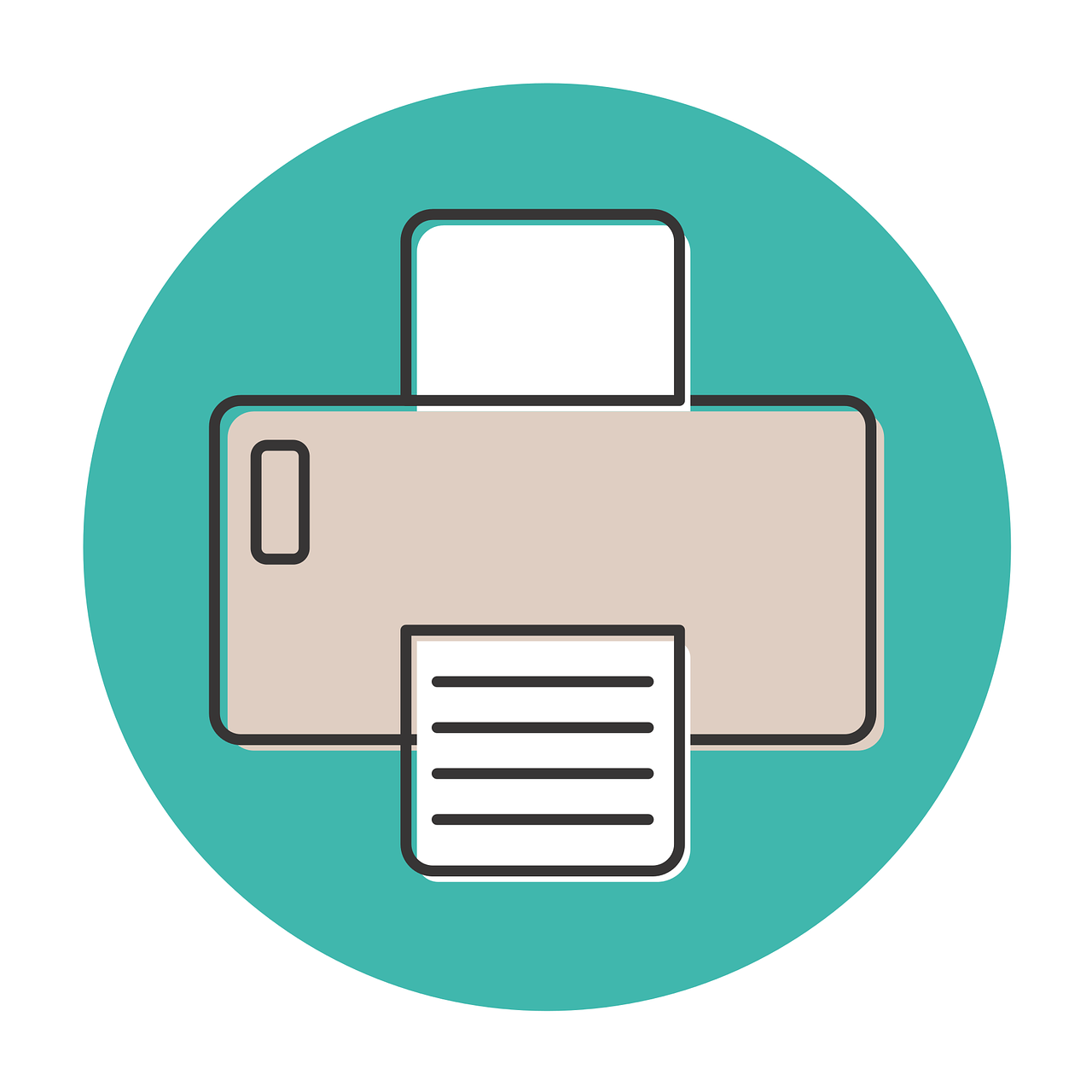Developmental Language Disorder
Developmental Language Disorder (DLD) means that you have significant, on-going difficulties understanding and/or using spoken language in all the language you use. It also means that you are unlikely to catch-up without extra support and there can be a big impact on learning and achievement at school. DLD affects about two children in each class.
It was previously known as Specific language impairment (SLI). A child or young person with DLD may also have other difficulties e.g. attention deficit and hyperactivity disorder (ADHD), dyslexia or speech sound difficulties.
 To print this page
To print this page
Right click anywhere on the page and select 'print'
DLD looks different in each individual child. If you have DLD you may:
- find it difficult to get your message across
- use language that sounds more immature than your age
- struggle to find the words to use or to use a wide range of words
- not understand or remember information
- have difficulty with reading and writing language as you get older.
Language difficulties can often be a ‘hidden difficulty’ because instead of communication difficulties, people may see children struggling to learn to read, showing poor behaviour, having difficulties learning or socialising with others. Some children may become withdrawn or isolated.
As a child gets older and they need to develop more complex skills, their difficulties can also change.
What causes DLD?
DLD has no known cause but there are some know ‘risk factors’ such as family history and it is more common in boys. DLD is not caused by emotional difficulties or limited exposure to language. DLD is not caused by other medical conditions such as hearing loss, physical impairment, Autism, severe learning difficulties or brain injury.
However children and young people with these difficulties may also have a language disorder, presenting with the same types of language difficulties alongside their other diagnosis/es
What can I do to help DLD?
Make sure you get your child’s attention before you tell them or ask them something. Say their name and make sure they can see your face so they know they need to be listening.
Use simple talking and repeat it if necessary. If you are giving an instruction keep it simple by saying it in the order you want them to do it e.g. First …, then…
Check your child has understood new information or instructions e.g. “Tell me what two things you need to do”.
Talk calmly and slowly with pauses to help them process the information and have time to respond.
Support your talking visually with pictures, gestures and real objects.
Encourage your child to communicate with you in whatever way they can such as pointing/ showing you something, facial expression, gestures, key words.
Help you learn the skills they need to join in with others such as taking turns, listening to others, and using simple phrases to do this.
Give your child specific praise for their efforts to understand and use language.
What will the speech and language therapist do?
For your child to be able to effectively understand and use the language skills they are being supported to develop, it is important that they learn and practice them within their everyday settings.
As such the speech and language therapist will aim to work closely with the people in those settings (e.g. families, teachers, key workers) to identify areas to support and ways to do so. A key aspect of this is to make the communication environments as ‘communication friendly’ or ‘supportive’ as possible. This means everyone thinking about the physical environment, the communication style of the people within those environments and your child’s opportunities to communicate.
In addition therapy for your child may include one or a combination of the following depending on your child’s needs:
- advice and modelling of activities to support language; things to work on and resources to be used in the settings
- strategies to support language and communication
- direct group therapy which key adults are invited to attend to ensure follow up
- direct individual therapy for specific, targeted work which key adults are invited to attend to ensure follow up
- review and monitoring of progress alongside the above.
Where can I find out more?
You can find more information about DLD at www.ican.org.uk and www.talkingpoint.org.uk.
There is a website for kids and teenagers to learn about DLD and to share how they’ve told others: Developmental Language Disorder | DLD and Me
There are also a range of videos about DLD at RADLD - YouTube
